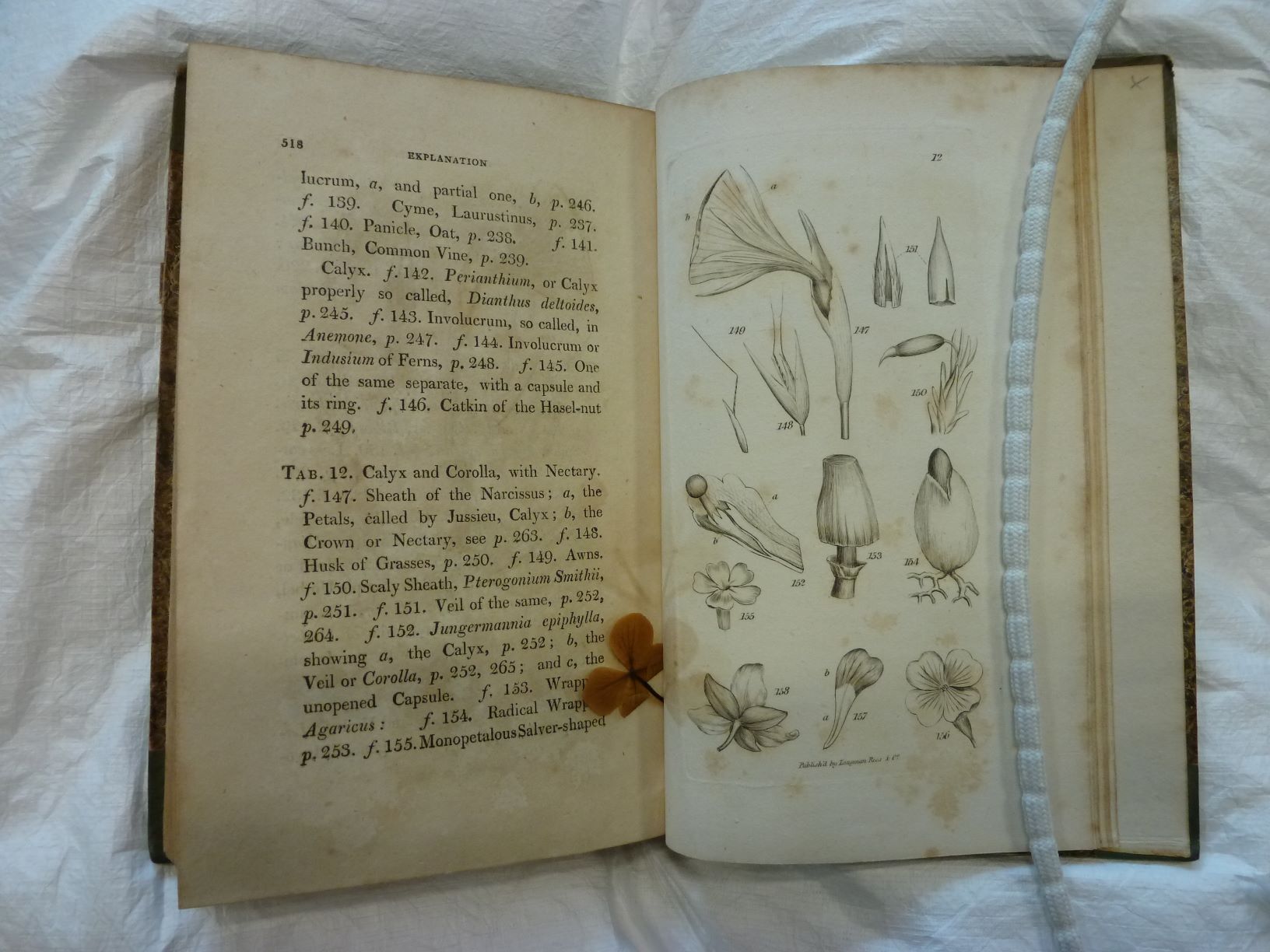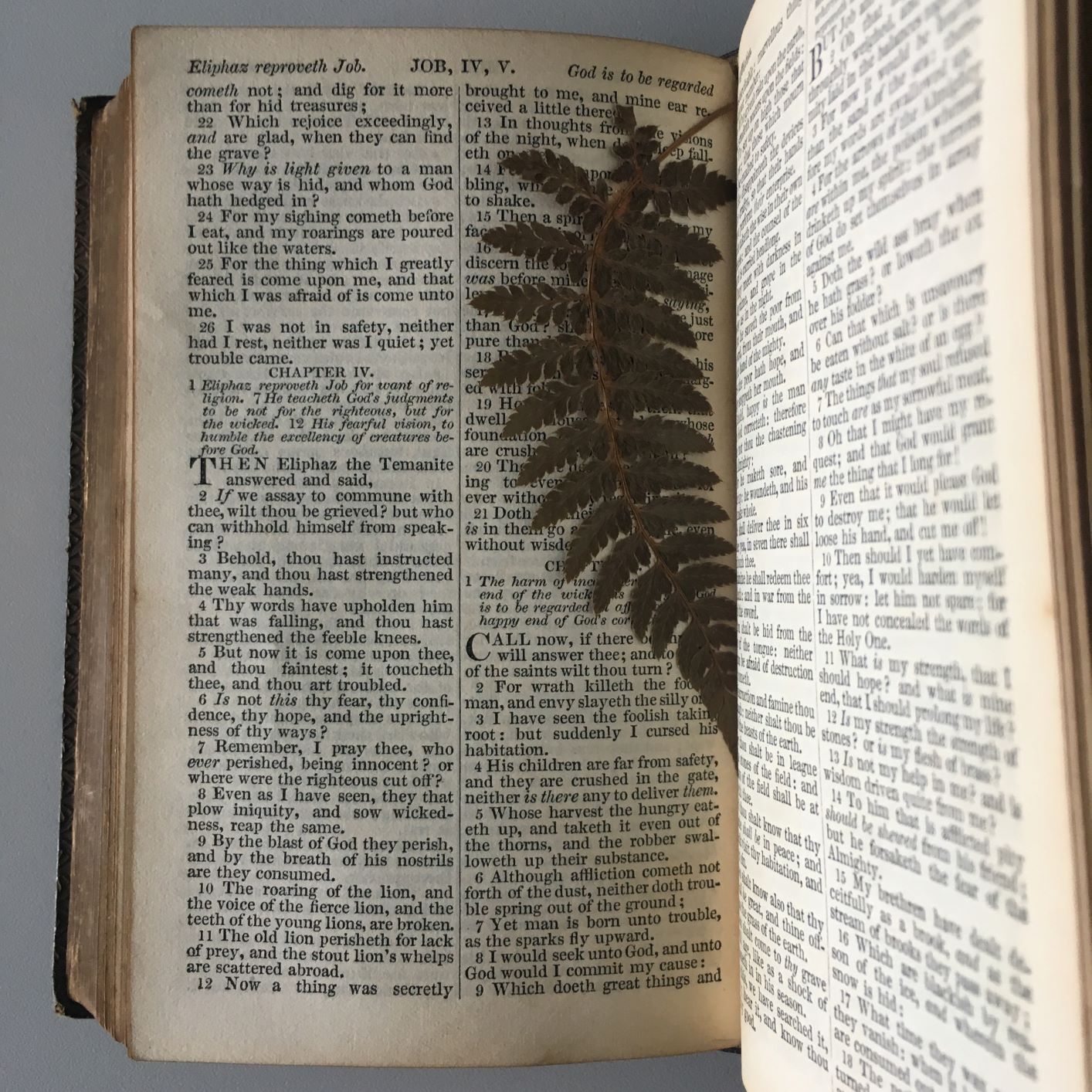Thomas Henry Farrer (1819-1899) was an English civil servant. He was Permanent Secretary of the Board of Trade from 1867 to 1886 and was given the title of Baron in Queen Victoria’s 1893 Birthday Honours.
We hold Farrer’s personal library. The library is made up of over 2000 books, some of which date as far back as the 17th century. Farrer lived in Abinger Hall in Surrey and it was this local connection which led to the collection being donated to us by his granddaughter in 1981, almost a century after Farrer died. Art, literature, history, travel, politics and science are all well-represented in Farrer’s library. This gives us the impression he was a wealthy and knowledgeable man because he could afford a large and broad-ranging library.
Farrer was a friend of Charles Darwin, whose theory of evolution by natural selection shaped our understanding of how humans evolved over time. As part of his scientific investigations, Darwin studied geology, animals and plants. We can find evidence that Farrer was also interested in plants in his library. As well as nature being the subject of many of the books Farrer owned, he has also pressed flowers and leaves between pages in certain books.


These specimens from nature have been perfectly preserved in the pages of Farrer’s books since the nineteenth century. They reveal to us one of the ways Farrer used and enjoyed his library and spent his time.
Activity:
Follow these steps to press your own flower or leaf:
- On a dry day, head outside and choose a fresh flower or leaf you would like to press.
- Check with an adult that you can pick the flower or leaf you’ve chosen, then ask them to cut it from its stem for you.
- Place the flower or leaf between two pieces of parchment paper or cardboard, and then place it within the pages of a heavy book. Make sure you check with an adult that you can use the book before you begin, as the flower or leaf might damage the pages.
- Close the book and place more books on top to weigh down the flower or leaf.
- Check back in 2-3 weeks, and you should find a pretty but delicate pressed flower or leaf. Share your pressed flower or leaf with us by emailing archives@surrey.ac.uk. You could then use your plant to decorate a greetings card!
